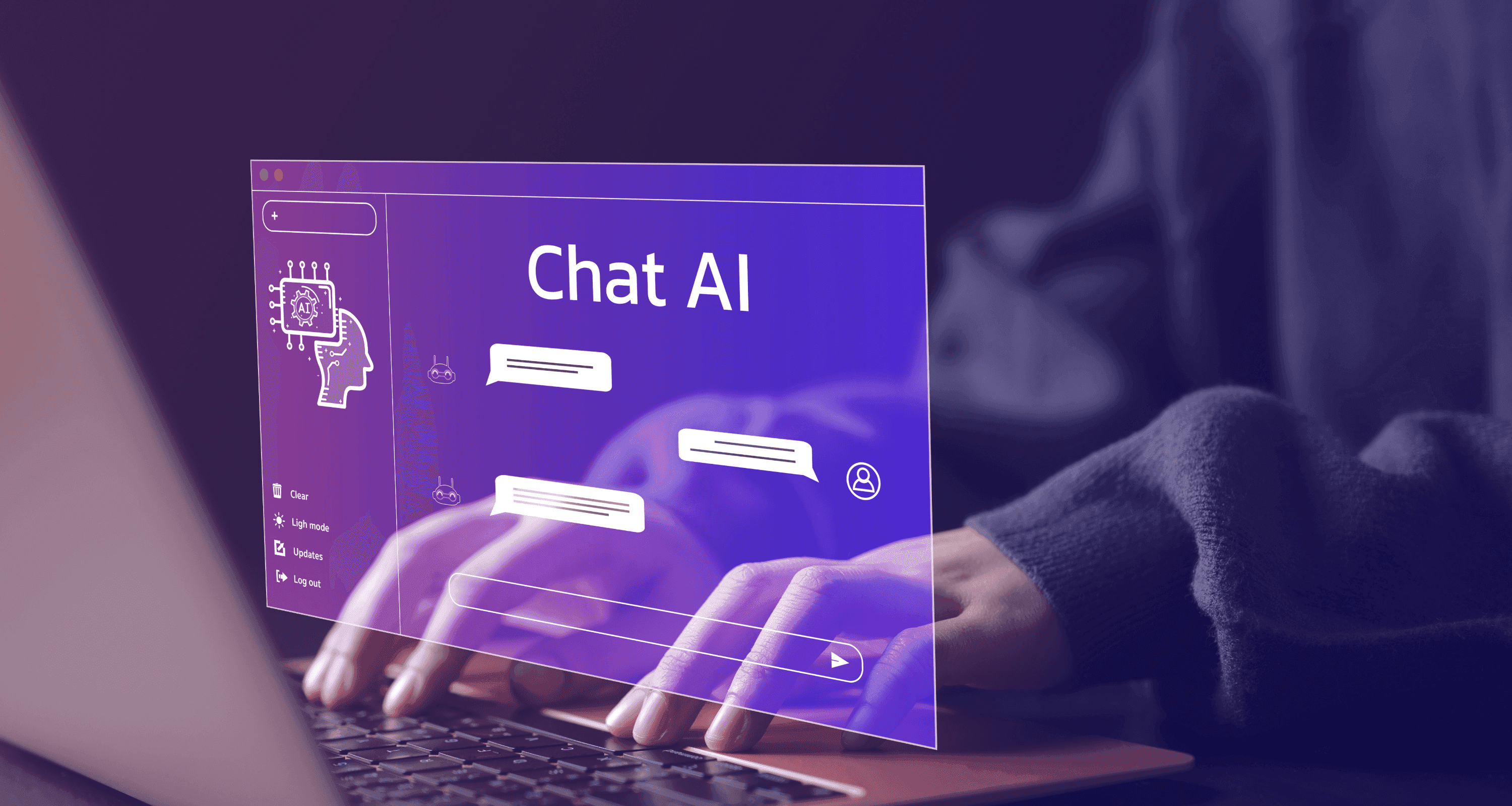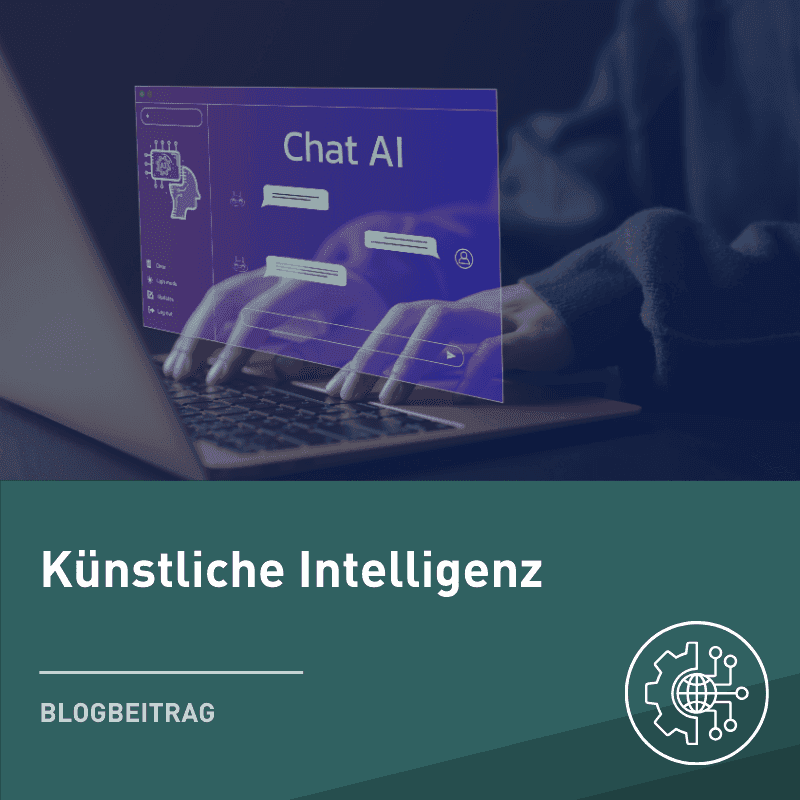
Blog Post
Artificial Intelligence

John
Stable
published on:
04.04.2019
Artificial Intelligence in SEA Channel: Between Smart Bidding and Intelligent Attribution
Table of Contents
As we have seen in the previous post about the role of artificial intelligence in search engine optimization, Google is focusing on “AI First.” It is not surprising that this also impacts the SEA area, after all, a significant portion of the company's revenue comes from Google Ads earnings. Automation has played an important role for Google for years, and the use of machine learning and AI systems is the logical next step in this development. In this article, we explore where this is already being applied and what it means for the future of the SEA channel.
Smart Bidding in Google Ads
Machine learning has been a part of Google Ads development for many years, for example, in the calculation of the quality score. In 2016, Google introduced Smart Bidding for Google Ads and Google Search Ads 360 (formerly DoubleClick Search), which is bid automation based on machine learning. Anyone managing a Google Ads account of a certain size has known for some time how Google strives to motivate advertisers to automate their accounts. Instead of manual bidding, Google aims to take over bid management based on specific KPIs.
With Smart Bidding, Google is driving this development further. Bids are automatically adjusted based on conversions. The system analyzes a wealth of different data and recognizes patterns and similarities between landing pages, ad texts, or keywords. The optimal bid is determined using a multitude of signals, including the device or the location.
Google Ads Bidding Strategies
Campaigns in Google Ads can be automated to achieve different goals. The Google bidding algorithm utilizes existing conversion data and machine learning to gradually improve campaign performance.
Target CPA (Cost-per-Acquisition):
Google attempts to manage the campaign in such a way that the targeted cost per acquisition (CPA) is not exceeded. The CPA indicates how expensive a conversion or acquisition is allowed to be on average.
Target ROAS (Return-on-Advertising-Spend)
This bid strategy takes into account the value of the achieved conversions (e.g., the cart value of each order in an online shop). The algorithm tries to optimally adjust the campaign bids to the target ROAS. The goal is to achieve maximum revenue (maximum conversion value) considering the target ROAS.
Maximize Clicks:
With this setting, Google will try to achieve the maximum number of clicks from the given campaign budget.
Maximize Conversions:
Here, Smart Bidding attempts to maximize the number of conversions from the campaign budget. Similar to Target CPA and Target ROAS, machine learning and artificial intelligence are used to optimize for a possibly high conversion rate.
Target Search Page Location:
This option is suitable for branding campaigns, as the visibility of the ads can be ensured through the search page position. The ad delivery is only limited by the campaign budget. Possible target positions are the top positions (1-4) and the first search results page.
Target Outranking Share:
In this case, the control of positions depends on the ad rank of the competitor. The algorithm tries to place its ad above the ad of the competing domain.
Target Impression Share:
The share of possible impressions shows how often your ad was shown for a keyword, expressed as a percentage, and relates to the total number of possible shows. An impression share of 50% means that your ad was only shown for every second search query. This percentage can be targeted with the bidding strategy.
Auto-optimized CPC:
This option gives Google control over automatic bid adjustments of up to 30% higher and up to 100% lower (measured by the maximum CPC bid). This means that the bid for clicks with a higher conversion probability can be up to 30% above the actual entered bid. In contrast, if the system calculates a lower probability of conversion for certain clicks based on semantic signals, the bid can be reduced by up to 100%. The ad is thus shown less often or not at all. This function aims to increase conversions and use the budget more effectively.
Automation offers many opportunities, but it is crucial to understand the system behind it and be aware of potential problems. Ultimately, the question arises about the conflict of interest when Google itself determines and adjusts bids and expenses. Do you really want to give up control over this completely?
Attribution: Data-Driven Model
Not only in bid management is automation and artificial intelligence now used. Where previously various predefined attribution models (first click, last click, or the so-called bathtub model) were used, Google in Google Ads enables data-driven calculation of the conversion value. Based on performance data, the system learns to assess the value of different channels and continuously develops the attribution model independently.
Conversion paths are compared, patterns are recognized, and probabilities for conversions after individual clicks are calculated. However, a predetermined amount of data is necessary, which is why data-driven attribution is not available to all advertisers.
Since users only see the final result of the calculation, it remains unclear how this comes about. We, therefore, have to rely on the system to determine correct probabilities, whose accuracy greatly depends on the available data volume. Ultimately, we also rely on Google acting in the interests of advertisers. This is also a possible conflict of interest. Large companies that provide enough data and resources and already develop AI-supported attribution models themselves are at an advantage here. Smaller companies do not have this option and must trust Google's system.
Further Fields of Application for Artificial Intelligence
Opportunities for artificial intelligence also present themselves for ad optimization in display (and affiliate marketing). An example is the company Jivox, which in 2016 introduced a technology called “Neuron,” suggesting ads through machine learning. Recommendations are generated based on a collection of data that includes, for example, information about which color a specific user prefers or how they react to animated ads. Media agencies like Havas Media also use this, aiming to purchase media more efficiently and produce content in the future.
In the future, everyone could be shown exactly the banners they are most likely to click on (and subsequently convert). Personalization in perfection and highest efficiency.
Challenges: The SEA Manager of the Future
Where does the trend towards automation lead for online marketing agencies and SEA experts? What will the job field of the SEA manager look like in the future? Google, for one, is pushing for less manual optimization and more automation. Setting options are disappearing or becoming restricted, and the control of the SEA manager is increasingly dwindling. Operational work on Google Ads accounts is decreasing, maybe even disappearing completely, with Google in the future managing accounts independently and continuously optimizing them self-learning: for maximum (cost) efficiency for advertisers and maximum profit for Google itself.
However, it is still a long way to complete automation. Manual optimization remains very important in the short to medium term. Especially for new accounts where no data is available, there is no alternative to manual setup and support. This also applies to certain scenarios such as seasonal fluctuations or other foreseeable peaks. The work experience of a SEA manager cannot be replaced by an intelligent system in the near future.
However, what can already be observed:
Much like in the SEO channel, the role of the SEA manager is increasingly about strategy development, understanding the channels and their interaction. Even with AI-based solutions and increasing automation, experts are and will continue to be necessary, who understand the system and can “train” it to ensure reliable results. So the fear that intelligent machines could cost us online marketing experts our jobs in the future is unfounded. More and more operational processes will run automatically. The people who understand and monitor all this remain important. Qualified digital marketers are needed who no longer perceive themselves only as experts in a specific channel but can demonstrate comprehensive understanding and experience in online marketing.
What Can We Do for You?
Do you need support in choosing and implementing the right automated bidding strategy for your campaigns? Do you have questions about the appropriate attribution model for your strategy? We are happy to assist you with your concerns.
We look forward to your inquiry.



